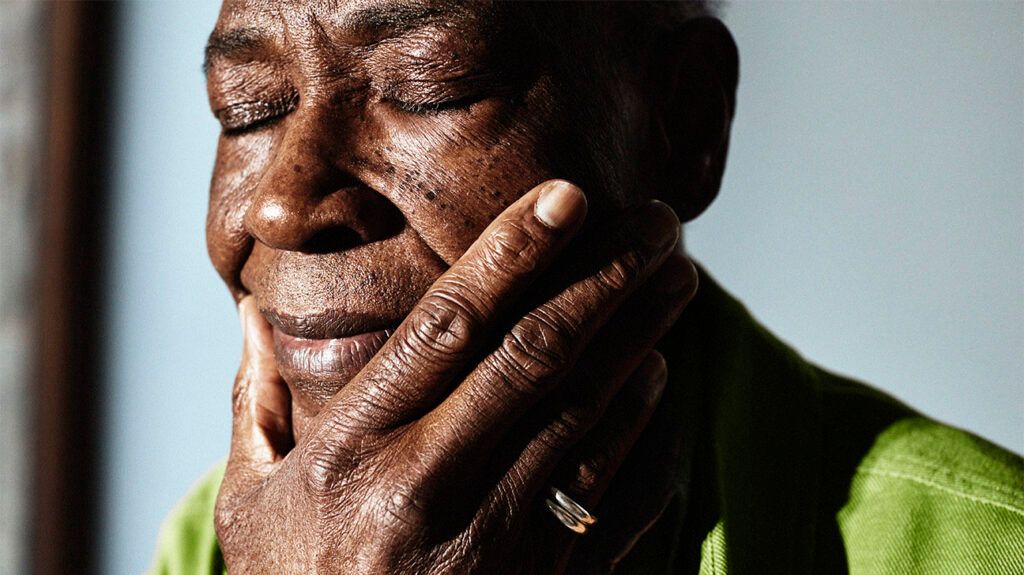There is no way to prevent pancreatic cancer completely. However, people can take some measures to help reduce their risk of developing the condition.
Pancreatic cancer is a type of cancer that starts in a person’s pancreas, an organ that sits behind the stomach. It produces enzymes that help the body speed up chemical reactions. The enzymes that the pancreas produces help digest food and control blood sugar.
If a person has pancreatic cancer, atypical cells grow uncontrollably in their pancreas. These cells may spread to other body parts.
This article discusses risk factors for pancreatic cancer and how people may manage them. It also discusses when to consider speaking with a doctor.
A note about sex and gender
Sex and gender exist on spectrums. This article will use the terms “male,” “female,” or both to refer to sex assigned at birth. Click here to learn more.

Some factors may increase a person’s risk of pancreatic cancer. However, having one or more of these does not mean someone will develop it. They may also get pancreatic cancer with few or no factors.
However, people cannot change some risk factors, such as their:
- Age: A person’s risk increases with age. Almost all people with pancreatic cancer are
over 45 years old . The average age for diagnosis is 70 years. - Sex: Males are slightly more likely to develop pancreatic cancer than females. However, this may be due to higher rates of tobacco use among males.
- Family history: Pancreatic cancer may run in some families. However, most people who develop pancreatic cancer do not have a family history of it.
- Inherited genetic syndromes: Some people may inherit gene mutations from their biological parents. Some of these mutations may cause pancreatic cancer. They may also cause other syndromes that can increase a person’s risk of developing several cancers, including pancreatic cancer.
- Heritage: Current research suggests African Americans more frequently develop pancreatic cancer. Although the reasons for this are unclear,
one reason may be social inequality. Another possible reason is the higher rate of some other risk factors for pancreatic cancer among African Americans.
However, people do have control over some risk factors relating to pancreatic cancer.
Cancer resources
To discover more evidence-based information and resources for cancer, visit our dedicated hub.
According to the American Cancer Society (ACS), smoking causes
According to 2017 research, compared to those who have never smoked, current smokers have a
Pancreatic cancer is
A 2023 research review indicated that those with long-standing type 2 diabetes are
However, people
People living with obesity are more likely to develop pancreatic cancer. According to the ACS, those with a body mass index of 30 or more are
Gaining weight in adulthood can also increase this risk. Another potential risk factor is having extra weight around the waistline.
However, maintaining a moderate weight
Chronic pancreatitis refers to long-term inflammation of a person’s pancreas. Scientists associate the condition with a
The ACS recommends people
Heavy workplace exposure to some chemicals, particularly those manufacturers use in the dry cleaning and metal working industries,
Discussing how to minimize health risks with employers and avoiding exposure to these chemicals, where possible,
Scientists
- includes plenty of:
- vegetables
- fruits
- wholegrains
- limits:
- processed meats
- sugary drinks
- highly processed foods
- red meat
Early pancreatic cancer does not often cause any symptoms. However, symptoms of pancreatic cancer that has grown or spread
- jaundice, which refers to the yellowing of the skin and whites of the eyes as well as other symptoms such as:
- itchy skin
- dark urine
- passing greasy or pale stools
- nausea and vomiting
- little or no appetite
- back or abdominal pain
- unintentional weight loss
- diabetes symptoms, such as urinating more frequently and increased hunger or thirst
- symptoms of deep vein thrombosis, which may include swelling, pain, and warmth in the leg
A person should note that other conditions are more likely to cause these symptoms. Nonetheless, people with any of them can speak with a healthcare professional.
A doctor may also detect the condition if they notice enlargement of a person’s liver or gallbladder on imaging scans or by feeling lumps under their ribs during a physical exam.
There is no exact way to prevent pancreatic cancer, and people may have some risk factors that they cannot change.
However, they can take some measures to reduce their risk, such as quitting smoking, maintaining a moderate weight, and limiting alcohol consumption.
People with pancreatic cancer often have no symptoms in the early stages. If someone notices any symptoms of more advanced pancreatic cancer, they need to seek professional medical advice.
